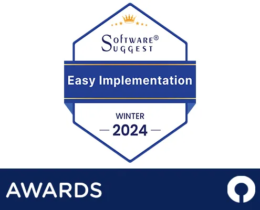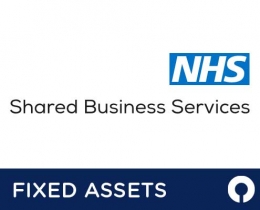 /wp-content/uploads/2024/03/SoftwareSuggest-Awards-2024-495x400-1.webp400495John de Robeck/wp-content/uploads/2016/07/FMIS-logo-340x156.pngJohn de Robeck2024-03-26 10:29:322025-02-13 16:03:44SoftwareSuggest Awards – FMIS recognised for easy implementation
/wp-content/uploads/2024/03/SoftwareSuggest-Awards-2024-495x400-1.webp400495John de Robeck/wp-content/uploads/2016/07/FMIS-logo-340x156.pngJohn de Robeck2024-03-26 10:29:322025-02-13 16:03:44SoftwareSuggest Awards – FMIS recognised for easy implementationDownload the guide
Optimising complex production for Engineering
Efficient production for engineering firms requires a different approach and different tools to both traditional manufacturing and to other business functions. Many engineering businesses have invested heavily in ERP systems that provide excellent support for their project-based consultancy processes, but what happens when you have a division or subsidiary that manufactures, builds or assembles engineered products?
A square peg in a round hole
Business units that manufacture products in primarily professional services based firms are often dependent on ill-suited systems and processes because they function differently from other areas of the business. Typically, this will result in one of three outcomes.
- Relying on workarounds to fit with the parent ERP system
- Employing standalone production control software and processes
- Implementing a separate ERP system for the affected business unit
The four phases to optimise production
The guide looks at the four different phases of complex production that you need to optimise to cut production lead times and costs while improving control and visibility. These phases are:
1. Product phase
One significant difference between engineering and other types of manufacturing or fabrication is its relative complexity. The materials purchased, production processes and the final product are seldom simple or standardised. In the product phase, you will focus on building flexibility and managing complexity.
2. Order processing phase
Effectively managing orders at each stage from quote to despatch is essential in optimising any type of production. This phase will cover sales quotes, sales orders and purchasing, RFQs and finally despatch.
3. Build phase
The third element to optimise is the production process. As with the first two stages, engineering production is usually more complicated than batch production. Engineering projects typically deal with small production runs or one-off jobs that may involve re-kitting between jobs and work to a critical project path. In this phase, we bring together the two main elements of stock control and the work orders to transform materials into finished products.
4. Accounts phase
The final phase is the accounting phase. Optimising engineering production depends on having access to the right information when required and then having the processes to make changes based on that data. Here we deal with creating the reporting and journals required by the business to make the best decisions both for production and for the firm as a whole.
More information
For more information on how to optimise your production processes with FMIS, please contact us via email at support@fmis.co.uk or call us on +44 (0) 1227 773003.
 /wp-content/uploads/2024/03/SoftwareSuggest-Awards-2024-495x400-1.webp400495John de Robeck/wp-content/uploads/2016/07/FMIS-logo-340x156.pngJohn de Robeck2024-03-26 10:29:322025-02-13 16:03:44SoftwareSuggest Awards – FMIS recognised for easy implementation
/wp-content/uploads/2024/03/SoftwareSuggest-Awards-2024-495x400-1.webp400495John de Robeck/wp-content/uploads/2016/07/FMIS-logo-340x156.pngJohn de Robeck2024-03-26 10:29:322025-02-13 16:03:44SoftwareSuggest Awards – FMIS recognised for easy implementation
Asset Valuation Methods
Asset Tracking for Covid-19

FMIS announces new NHS partnership
SOLUTIONS
Market Sectors
CONTACT US
FMIS Ltd
167b John Wilson Business Park
Whitstable
Kent
CT5 3RA
United Kingdom
Phone:+44 (0) 1227 773003
Fax:+44 (0) 1227 773005
Sales:sales@fmis.co.uk
Support:support@fmis.co.uk


